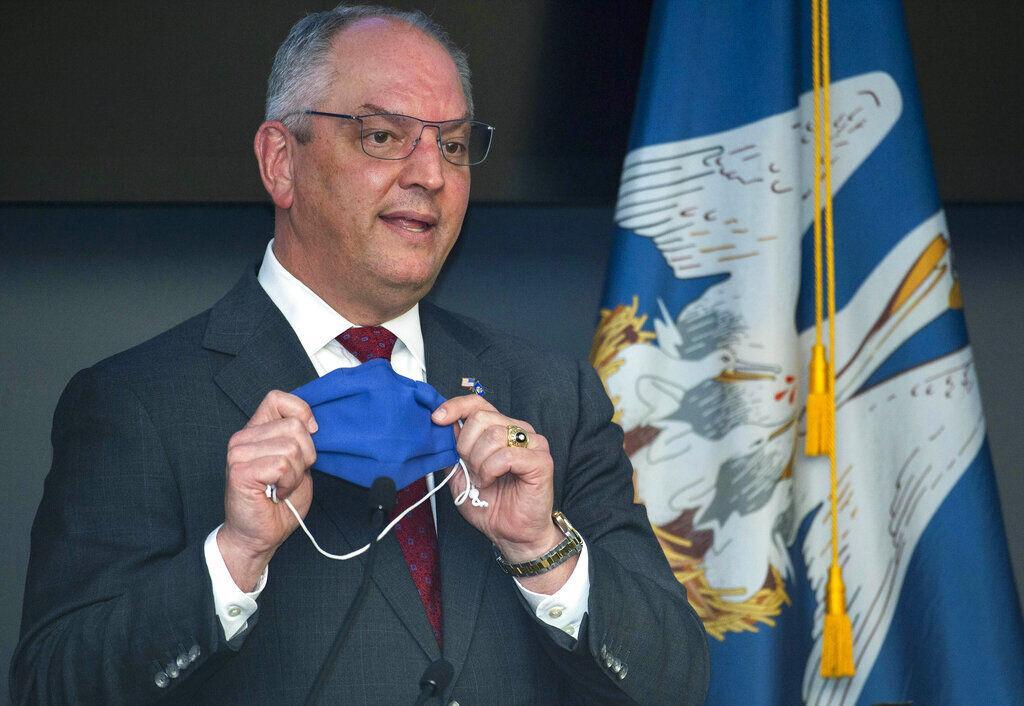Every state on Louisiana’s border plans to cut the $300 per week in additional benefits allocated to the unemployed under the American Rescue Plan.
Last week, business groups sent a letter to Gov. John Bel Edwards asking him to do the same, arguing that government assistance is disincentivizing the unemployed from returning to work. Gov. Edwards says he is hesitant to embrace such a proposal at this time due to Louisiana’s reliance on tourism, instead asking the Louisiana Workforce Commission to study the economic impact of opting out of federal unemployment assistance.
Now or later, it would be a mistake to deny Louisiana residents these benefits.
The argument that unemployment assistance disincentivizes work is based on misconceptions, not facts. The Louisiana legislature’s own economist Greg Albrecht rejected the idea that benefits play a significant role in keeping people from work, noting that Louisiana’s greatest employment rise during the pandemic actually came during the period of $600 per week federal unemployment benefits. Research on unemployment assistance does not support the conclusion that it disincentivizes work.
In fact, unemployment assistance actually has positive effects on the economy. The additional $300 a week in benefits is a stimulus to the Louisiana economy; after all, if residents don’t have any income, neither will local businesses. And without this vital social safety net, even more people would be facing poverty during the pandemic than already are.
It’s also important to note that Louisiana already deals out the second stingiest unemployment benefits in the nation at $247 a week. And as reinstated by Gov. Edwards last August, jobless Louisiana residents must file proof that they are actively searching for work in order to retain benefits, poking another hole in the argument that the unemployed are unnecessarily relying on government assistance.
Ultimately, these lobbies and their GOP allies fail to provide any data-driven evidence for taking away the benefits that almost 230,000 Louisiana residents rely on as the economy continues to crawl back. Instead of addressing the true obstacles for the unemployed, conservatives make a boogeyman of government assistance.
Lack of access to childcare, unlike unemployment benefits, is a major obstacle to returning to work for many parents. Childcare centers have still not bounced back from lockdowns last March, contributing to the lowest female workforce participation rate the country has seen in 33 years. And even outside the pandemic, childcare costs often eat up the majority of earnings from low-wage jobs, making staying home instead of working the more practical option for many parents.
The true scarcity exists not in labor but in access to childcare and well-paying jobs. To solve the so-called worker shortage, businesses should offer a living wage, and the government should work to enact policy that empowers workers. But these real solutions aren’t something these business lobbies are eager to embrace.
This recent push to strip the unemployed of federal benefits is an attempt to rob Louisiana workers of their autonomy. Whether lobbies admit it or not, the intention of their proposal is to put workers in a position where they have no choice but to accept what are often inadequate wages and conditions.
The pandemic has made many workers realize that they don’t have to accept a corporate system that treats them as disposable. As Louisiana emerges from the pandemic economy, there is a unique opportunity to fight to improve the lives of Louisiana workers and families.
Let’s take on that fight.
Claire Sullivan is an 18-year-old coastal environmental science sophomore from Southbury, CT.







